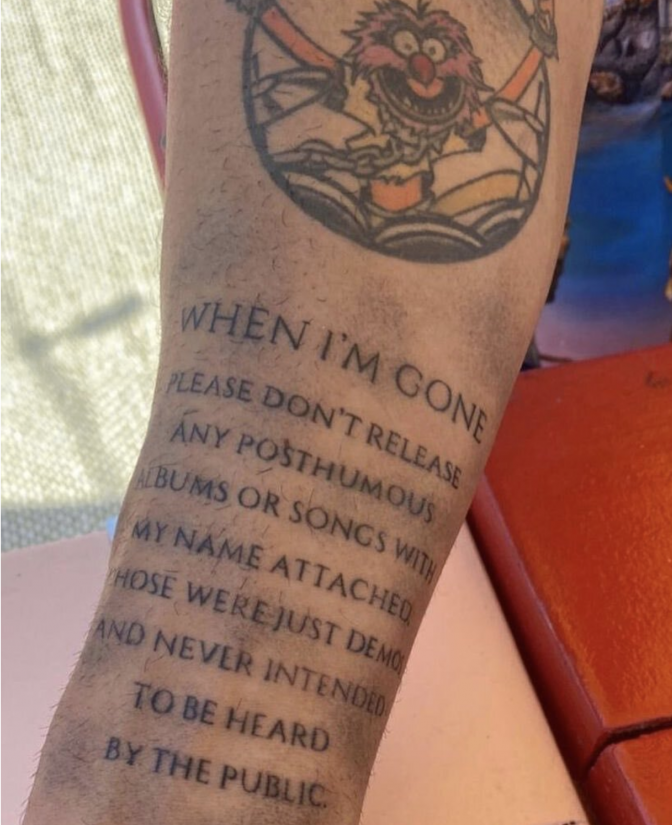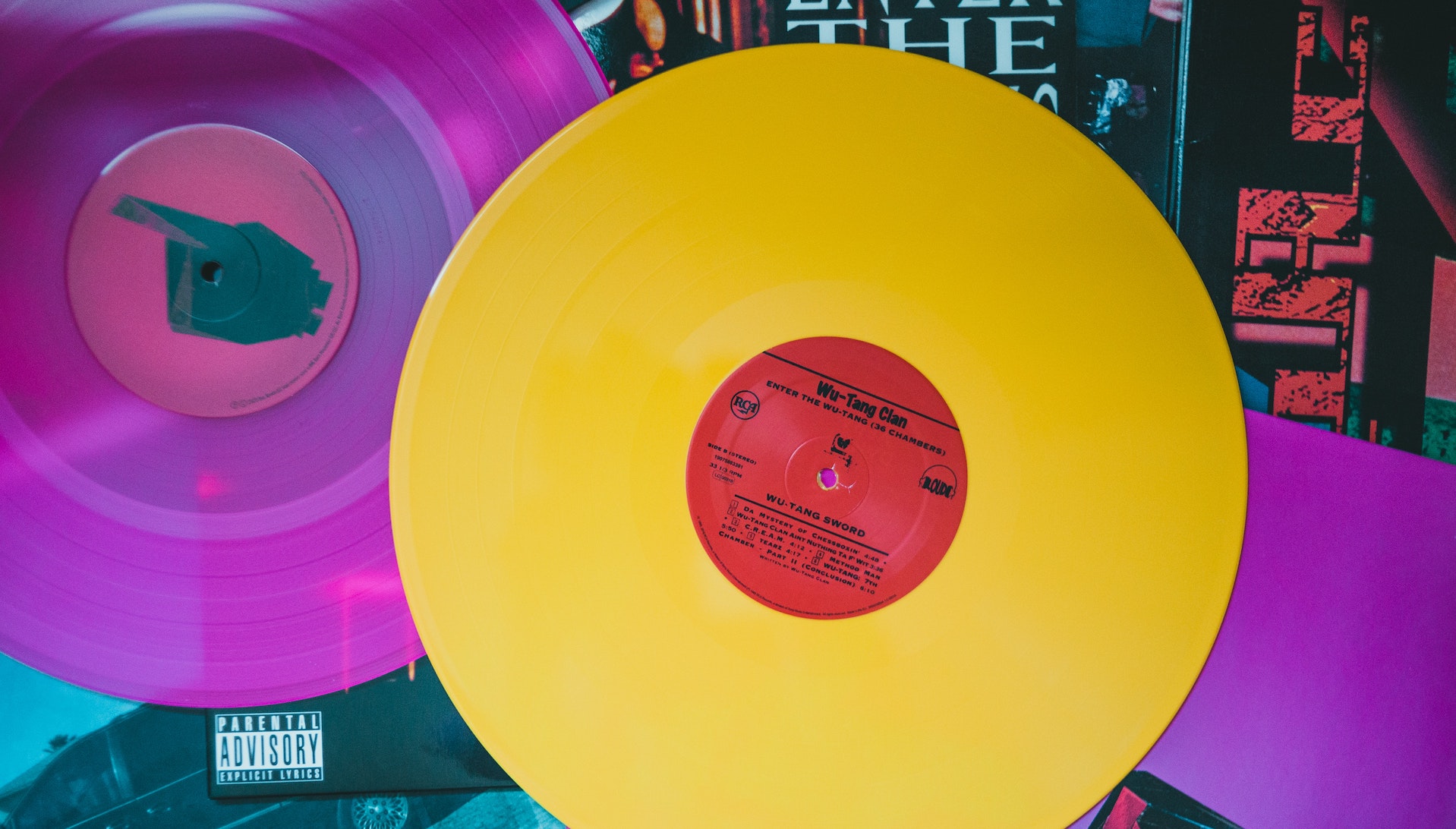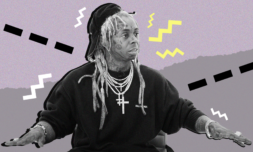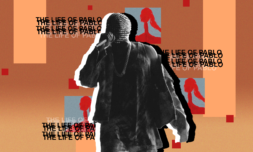In fact, the premature deaths of several young artists such as Mac Miller, Pop Smoke, Juice WRLD, and XXXtentacion have resulted in at least one posthumous record securing a top 10 spot within the music charts for almost two years consecutively.
On one hand, this satisfies fans who are left wondering what their favourite artist may have done next if things hadn’t panned out for the worst. A final album can offer fans closure, while simultaneously keeping the spirit of the artist alive.
But questions of whether these works can be deemed truly authentic, in terms of both sound and overall message, has led to a series of controversies surrounding their release.
Let’s get into the reasons why more artists could be following Lana and Anderson Paak., opting out of posthumous records long before their time comes.
Financial gain… for who?
Many share the view that posthumous albums are ‘exploitative cash grabs’ – a way for greedy labels to capitalise on a deceased artists’ unfinished work for years to come.
With so many people involved in the business of music production, and musician’s families or friends often receiving their earnings, these albums can be lucrative means of income for a plethora of individuals as publicity increases after the artists’ death.
Such is the case with Pop Smoke, whose unique and recognisable sound on ‘Meet The Woo 2’ launched him into global fame just months before he was murdered in his own home.
Since then, his label has released two albums on his behalf, both of which are littered with features from other high profile artists in the rap game.
The collection of features had critics questioning whether they were selected primarily with dollar signs in mind, as well as whether any of these tracks were adequate enough to exemplify Pop’s real talent or career vision.
Dedication or disrespect?
Pieced together using unreleased demos, incomplete verses, or virtually any snippets of audio left in musical archives, posthumous releases largely contain content which (in many cases) was deemed as not ready for public listening.
For this reason, the works – if put together by people who don’t fully understand the artist’s mind, sound, vision for the project – can come off as a half-hearted stream of unrefined ideas that have potential to diminish the artist’s legacy.
Indeed, when completed carefully by those close to the artist, like in the case of Mac Miller’s ‘Circles’, an already-in-progress album produced under these circumstances can be a project which ties a beautifully neat bow around the musician’s life’s work.
However, Mac’s situation was rare. Incohesive posthumous albums pop up so frequently that the internet is full of lists of projects that would have never fallen upon our ears if the artists could have had their say.
‘When I’m gone’
Taking these ideas into account, it is understandable that posthumous albums are met with equal parts scepticism and anticipation from fans and critics.
Music, like any form of original art, is deeply personal to the person crafting it. If an artist didn’t have an intention to share it to the world themselves, did we really earn the right to hear it?
With artists like Lana Del Rey and Anderson .Paak requesting full direction over what the world hears from them – and the trend of posthumous albums growing – it wouldn’t be surprising if we see other artists do the same in order to protect what is rightfully their own.























